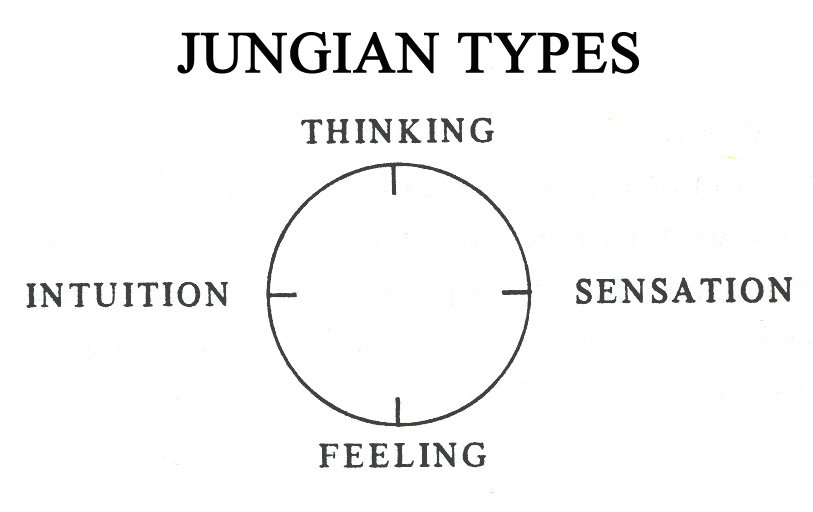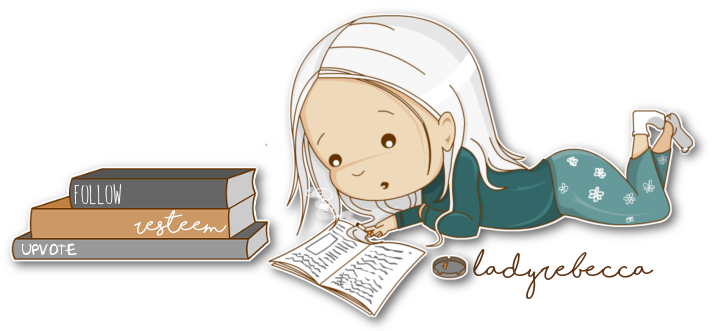Know thyself or others will know you
The ancients knew the importance of self-knowledge. Some 2,500 years ago, the phrase “Know thyself” was inscribed on the Temple of Apollo in Delphi, ancient Greece. Sadly, humans have not spent millennia exploring the inner workings of their personality. A lot of what we now understand about ourselves we owe to modern psychology and its founders. Today marks the 150th birthday of Professor Carl Gustav Jung, the man who gave us many tools to understand ourselves and each other. How we use these tools is a different question, but it would be wise to keep in mind that your enemies - the powers that be - can and will use them against you.

CG Jung House in Kusnacht, outside Zurich
One of the things we owe Jung is the distinction between introverts and extroverts. Those of us who are more withdrawn, shy or awkward in social contexts versus those who thrive in the company of others and have no trouble making friends. This also applies to peoples, which can explain the cultural shock of a Swiss introvert like Jung on his first visit to the US, a nation of extroverts, which to him felt loud and chaotic.
While the notions of introvert and extrovert are well known today, one of Jung’s most important contributions to modern psychology is the definition of personality types. The Internet is awash with personality tests, many of them pure bullshit, but they all stem from Jung’s work. If you’re familiar with the Briggs-Myers test, this was invented by two American fans of CG Jung.
According to Jung, our personality is shaped by the way we perceive and relate to the world. He identified four functions - thinking and feeling, which he calls rational functions, the other two irrational ones being sensation and intuition.

Thinking types relate to the world in terms of what they think about something - person, situation, idea etc.
Feeling types ascribe value to objects in the outside world based on how they feel about them.
Sensation types use their senses to relate to the world, so they have a hands-on approach based on direct experience.
Intuitive types are the most difficult to define as most often intuition speaks primarily to the unconscious.
All of us have these functions, but our personality is dictated by which is dominant.
Personality types in everyday life
I will refrain from going into boring theory. The reason I wanted to write this today is that learning about personality types changed my life, especially my understanding of my near and dear.
Not understanding that a person might be a different personality can bring a lot of ache and pain. Consider, for instance, the life of an extroverted child born to a family of introverts. That outgoing child will be pressured to conform to family standards and his outbursts may be punished as unbecoming.
Or think about the shame of an intuitive type, with limited practical skills, in a family of sensation types. That child will be shamed and derided for his difficulty in accomplishing simple hands-on tasks the others find a piece of cake.

Lake Zurich, as viewed from Jung's garden.
Being an introverted thinking type, it is hard for me to understand the mind of my friend who’s an extroverted sensation type. I find her constant preoccupation with mundane problems a complete waste of time and her lack of intuition depressing. Before learning about personality types and how she and I are different, I’d throw down the phone in despair every time my logical arguments didn’t get through to her. ‘How can she be so stupid?’ I knew she was not actually stupid, but now I understand her personality is resistant to change as she cannot imagine herself in a different life situation. (I will still get mad on occasion, but less so!)
Psychology and manipulation
Whether you take the time to learn about yourself or not, others do. There are studies looking into percentages of personality types in the general population. Not surprisingly, the majority of the population falls under some type of sensation personality type, all in all over 63%.
Ad campaigns speak primarily to sensation types as they are most likely to desire a new pair of jeans, perfume or sports car. Western societies are built on the propensity of the majority for materialism. If you look at the US society, with its high percentage of extroverted sensation types, those people are exactly like my friend - working hard to buy things they don’t need, accumulating frustrations in the process, and being unable to do anything to change their lot.
One way of exploiting people through their personality types is always presenting them with something new to want. Remember the Dubai chocolate craze? Are you familiar with the current Labubu mania? I’ve seen adults with 2 or 3 such toys hanging from their backpacks? As a dedicated conspiracy theorist I see more than good marketing in these stories. Makes for good training of the population in my view.
The same applies when it comes to speculating feelings? Remember the start of the war in Ukraine? For weeks all that the media presented was refugees, babies, old women escaping with their beloved pet in their arms. I remember talking to people who kept saying how what they say on TV makes them weep. They were not offered any logical arguments about the political situation. Talking too much about the reasons behind the war might have led to the notion that Putin might not be crazy. Presenting people with crying babies is the easiest way to convince them Putin is a blood-thirsty tyrant. This is not new, obviously. It is said that Hitler used to alter his discourse to make it more appealing to a particular audience.

Jung's final resting place, also in Kusnacht
Since we’ve reached my favorite subject - politics, let me just mention another Jungian concept that is used to sway public opinion - Shadow. Jung defined shadow as the repressed part of our personality, the part our ego feels ashamed of and refuses to acknowledge. Our dark side is made up of emotions and impulses we find unacceptable and hide. We tend to project our dark side onto others. This is why the wrinkled spinster will rant against the impudent youngsters making out in the park. As for politics, unscrupulous leaders will help us project our shadow on any enemy of their choosing - Iraqis, Afghans, Iranians, Palestinians, etc. Cloaked in your shadow, the enemy is seen as despicable and deserving of being killed.
Jung once said we humans are our worst enemies, because we are unconscious to the workings of our psyche, to what triggers us and why, which makes us so easy to manipulate. Shortly before his death, Jung had a terrible vision in which most of the world was destroyed. Let’s just hope he was delirious and not a visionary.

The world would be such a better place if more people really knew themselves. I feel like most of us, who are lucky, spend the best years of our lives learning to get out of our own way. You're right, the unwillingness for most people to even to make an attempt to see beyond their own bullshit or try to heal from their trauma makes them easy marks for the sociopathic leaders of the world. Working on ourselves is the best, and probably the only way, individuals can make any kind of difference.
Indeed, I was shocked when a friend of mine blurted something about being sexually abused as a child, but the subject was dropped the next minute. Never to be talked again. Festering wounds like that won't ever yield anything good.
I’ve encountered countless people like that in my life, it’s shocking really. That trauma festers, affects every cell of your being then echoes out into the world. Then the cycle continues.
Ah, so all the stupid people I know aren't actually stupid, they just have different personality types!
I am struggling with this, believe me :)) Also, psychology does not exclude actual stupidity which abounds in the world.
What a logical, well thought out and thoughtful article.
'Know Thyself' indeed... It immediately made me think about how this also applies in eastern meditative practices, where to be aware of the inner workings of the mind helps you respond better to the trials of life, and to recognize how desire and aversion influence decisions (which advertising influences).
I didn't realize that Jung was responsible for introvert/extrovert, and most of us can be more empathetic or at least sympathetic to someone else if we understand that distinction at least.